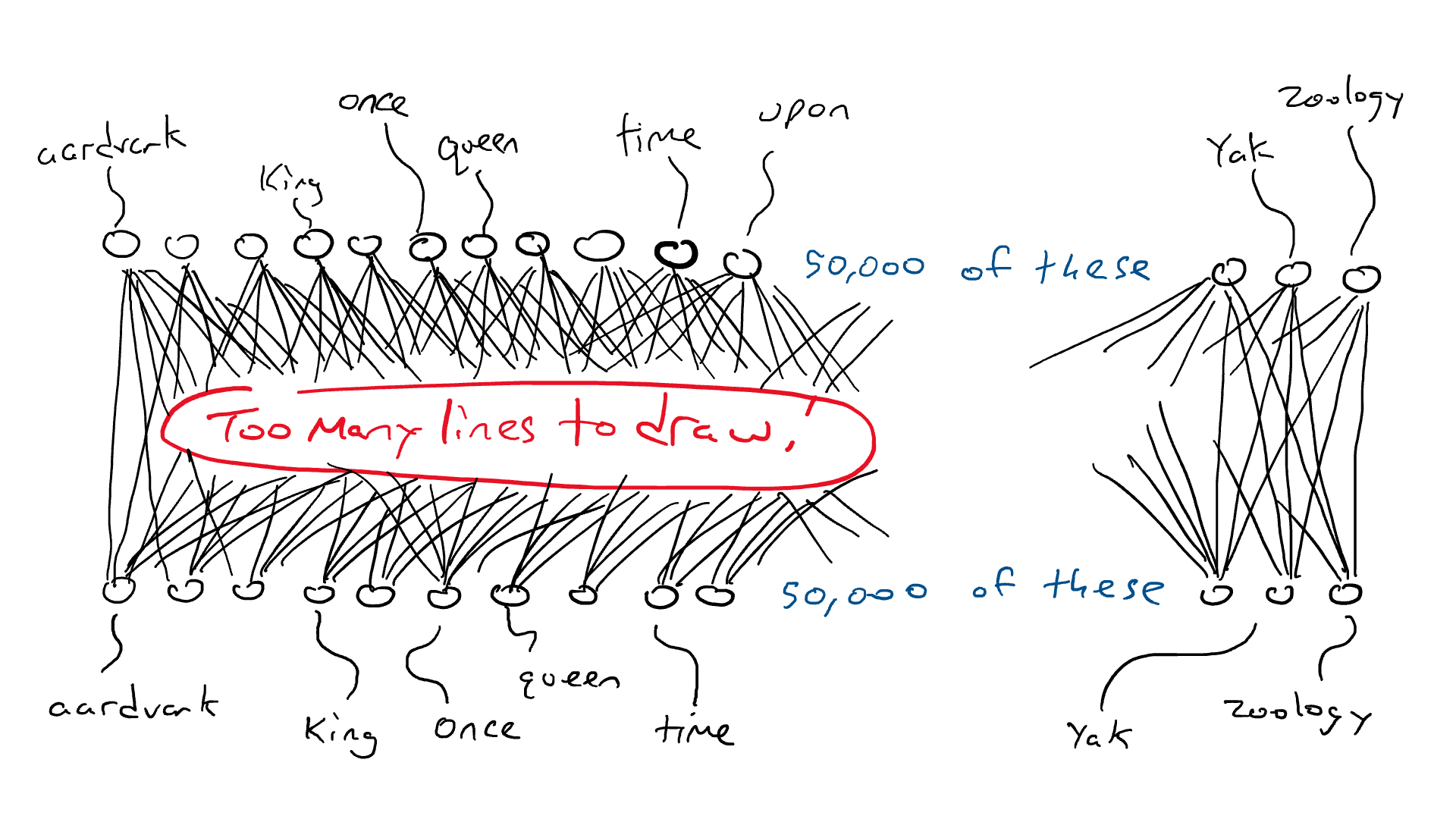Unlocking the Secrets of Old English: Is It Truly Dead?

Ever wondered about the roots of English? Those strange-looking words in Beowulf, the unfamiliar sounds of a language that feels both alien and familiar? This exploration into the life and afterlife of Old English aims to answer the burning question: is Old English a dead language? The short answer is yes, but the story is much richer than that.
Thinking of Old English as simply "dead" is like calling a seed dormant. While no longer spoken conversationally, its DNA lives on in modern English. Understanding this ancient tongue provides valuable insight into the structure, vocabulary, and evolution of the English we use daily. It's a journey back in time, unlocking the secrets behind words we take for granted.
From roughly 450 AD to 1150 AD, Old English flourished as the language of the Anglo-Saxons in what is now England. Born from a blend of Germanic dialects brought by migrating tribes, it developed into a rich literary language. Epic poems like Beowulf and religious texts offer glimpses into a world shaped by oral tradition and evolving literacy. This period laid the foundation for the English we know today.
The Norman Conquest of 1066 marked a turning point. French became the language of the ruling class, impacting Old English significantly. This linguistic fusion led to Middle English, a period of rapid change and diversification. While Old English faded from everyday use, its influence remained. It's like a river that flows underground, resurfacing in unexpected places.
So, is Old English truly dead, or is it merely transformed? The question itself sparks debate among linguists and historians. While it lacks native speakers in the traditional sense, its study is far from lifeless. Academics, enthusiasts, and even fantasy writers continue to explore its intricacies, keeping the flame of this ancient language burning bright. Its impact on modern English vocabulary, grammar, and even our cultural understanding of literature makes it a subject worth exploring.
Old English boasts a complex grammar system, featuring grammatical gender, multiple verb conjugations, and declensions that have largely disappeared from modern English. This intricate system reflects the Germanic roots of the language and provides a fascinating contrast to the streamlined grammar of today. For example, the word "stan" (stone) would change its form depending on its grammatical role in a sentence.
One benefit of studying Old English is gaining a deeper understanding of modern English vocabulary. Many common words, such as "man," "woman," "house," and "day," have direct Old English origins. Recognizing these connections unlocks a hidden layer of meaning and historical depth within our everyday language.
Furthermore, studying Old English offers a window into the culture and worldview of the Anglo-Saxons. Their literature, though often challenging to decipher, reveals their values, beliefs, and artistic sensibilities. It allows us to connect with a past that shaped our present.
A third benefit is the intellectual challenge itself. Grappling with Old English grammar and vocabulary sharpens analytical skills and expands linguistic horizons. It offers a unique perspective on language evolution and the interconnectedness of human communication across time.
Advantages and Disadvantages of Studying Old English
| Advantages | Disadvantages |
|---|---|
| Deeper understanding of Modern English | Requires significant time and effort |
| Insight into Anglo-Saxon culture | Limited practical application in daily life |
| Enhanced analytical skills | Few resources compared to modern languages |
For those interested in delving deeper, resources like the University of Texas at Austin's Old English Online and the Dictionary of Old English are invaluable tools.
Frequently Asked Questions:
1. Can I learn to speak Old English fluently? While technically possible, it's extremely challenging due to the lack of native speakers and conversational resources.
2. Is Old English similar to German? Yes, Old English belongs to the West Germanic language family, sharing similarities with Old High German and other Germanic languages.
3. What is the most famous work in Old English? Beowulf is widely considered the most important work of Old English literature.
4. How long did it take for Old English to evolve into Modern English? The transition was gradual, spanning several centuries from the Norman Conquest onwards.
5. Are there any online courses for learning Old English? Yes, several universities and online platforms offer courses in Old English language and literature.
6. Is Old English still relevant today? While not spoken, it's relevant for understanding the historical development of English and appreciating its rich literary heritage.
7. What is the difference between Old English and Middle English? Middle English shows the influence of Norman French and features simplified grammar compared to Old English.
8. Where can I find Old English texts to read? Online archives and libraries offer digitized versions of Old English manuscripts and texts.
In conclusion, while classified as a dead language, Old English remains a vibrant subject of study. Its legacy lives on in modern English, shaping our vocabulary, grammar, and literary traditions. Exploring its intricacies not only unlocks the secrets of our language but also connects us to a rich historical past. Delving into this ancient language offers a rewarding intellectual journey and a deeper appreciation for the evolution of human communication. So, while Old English may not be spoken in the streets anymore, its echo resonates in the words we use every day, inviting us to discover its enduring power.
Real estate in la teja your guide to finding the perfect property
Groan worthy tunes unleashing the power of dad joke songs
Sauk county sheriff report unveiled













